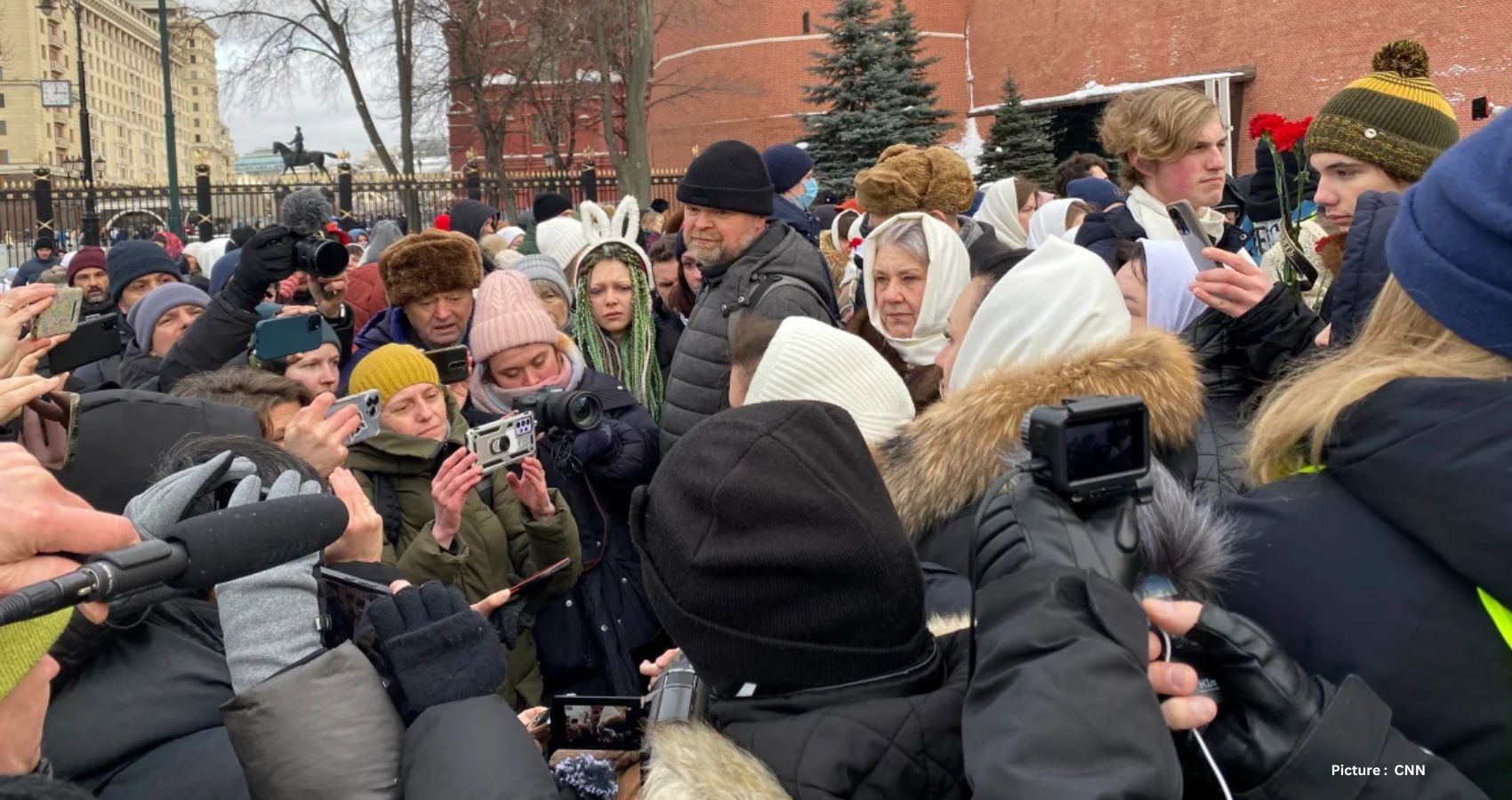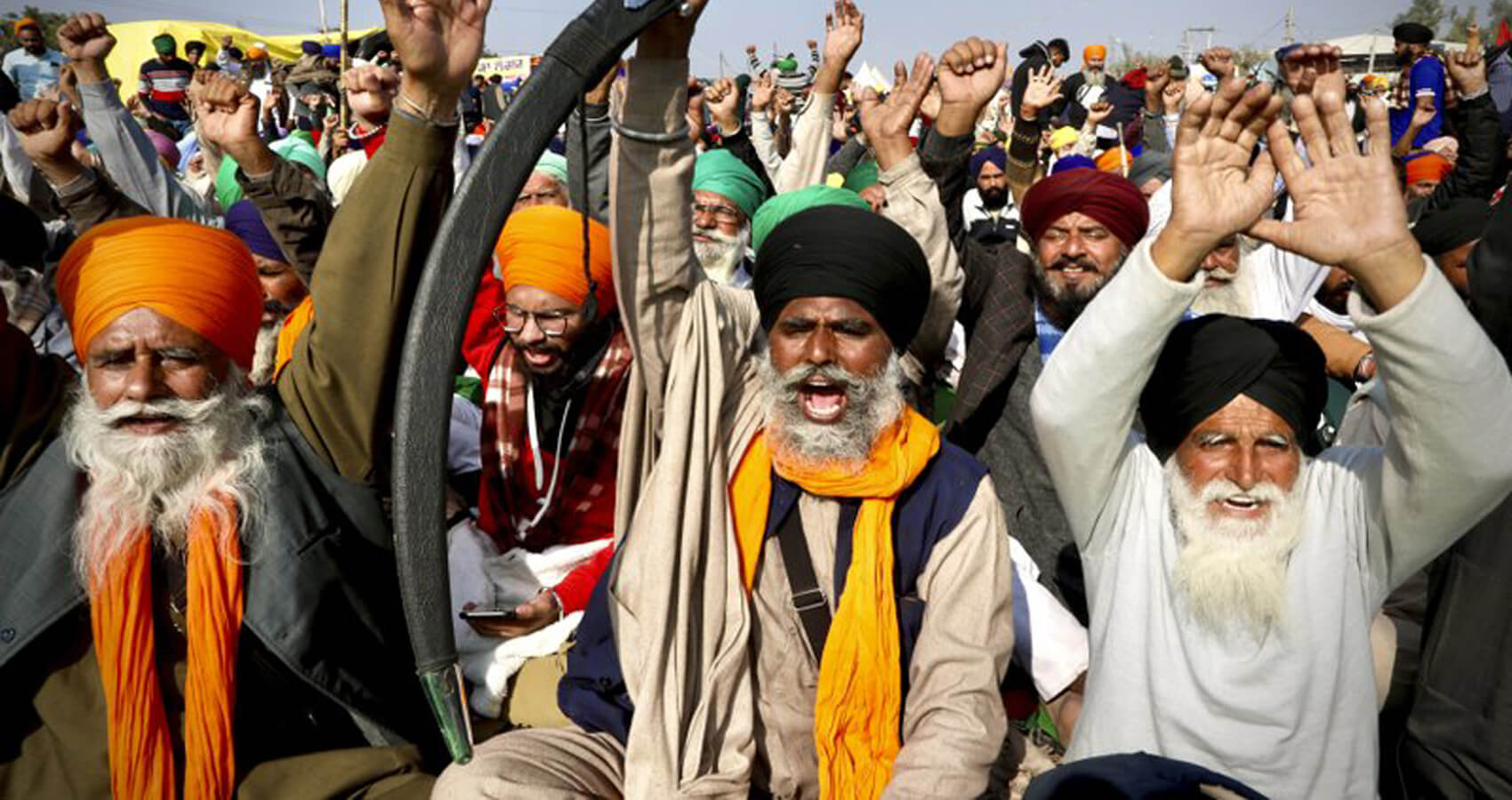Numerous individuals, including reporters from international media outlets, have been apprehended in Moscow following a crackdown on demonstrators at the election headquarters of Russian President Vladimir Putin, according to reports from independent sources on Saturday.
The demonstration was orchestrated by the spouses of deployed men amidst a growing movement of women demanding the return of their husbands and sons from Ukraine. Video footage reviewed by CNN depicts Russian authorities arresting several individuals wearing “Press” vests in the vicinity of Red Square.
The protest, dubbed “500 days of mobilization,” attracted women to the Kremlin walls before progressing to Putin’s nearby election headquarters, as per reports. SOTAvision, an independent Russian news source, shared on their Telegram channel that a correspondent witnessed security forces “grabbing random individuals from the crowd, targeting only men.”
OVD-info, a watchdog group monitoring Russian repression, stated that at least 27 people, with only one identified as a protester, were transported in a police van to Kitay-Gorod station, where they are presently detained. Despite OVD-info’s attempts to send a lawyer to visit the detainees, access was denied.
Mediazona, an independent Russian media organization, reported on Saturday that among those detained are journalists employed by Kommersant, France Press, and Spiegel, as well as human rights activists. Furthermore, OVD-info mentioned that seven journalists covering the rally were taken to the Basmanny police station, including Andrei Zaiko from the Japanese television company “Fuji.”
According to OVD-info’s Telegram update, one employee from state media has been released from Kitay-Gorod along with three minors. The update stated, “Police officers informed them that they intend to release the remaining federal and foreign media personnel soon, but will retain ‘foreign agents’ media representatives at the police station. All detainees also had their phones confiscated.”
Russia’s foreign agents law, expanded in late 2022 to encompass individuals or groups deemed to “receive support and/or be under foreign influence,” has drawn criticism as a Kremlin maneuver to silence critics of its actions in Ukraine, including journalists.



